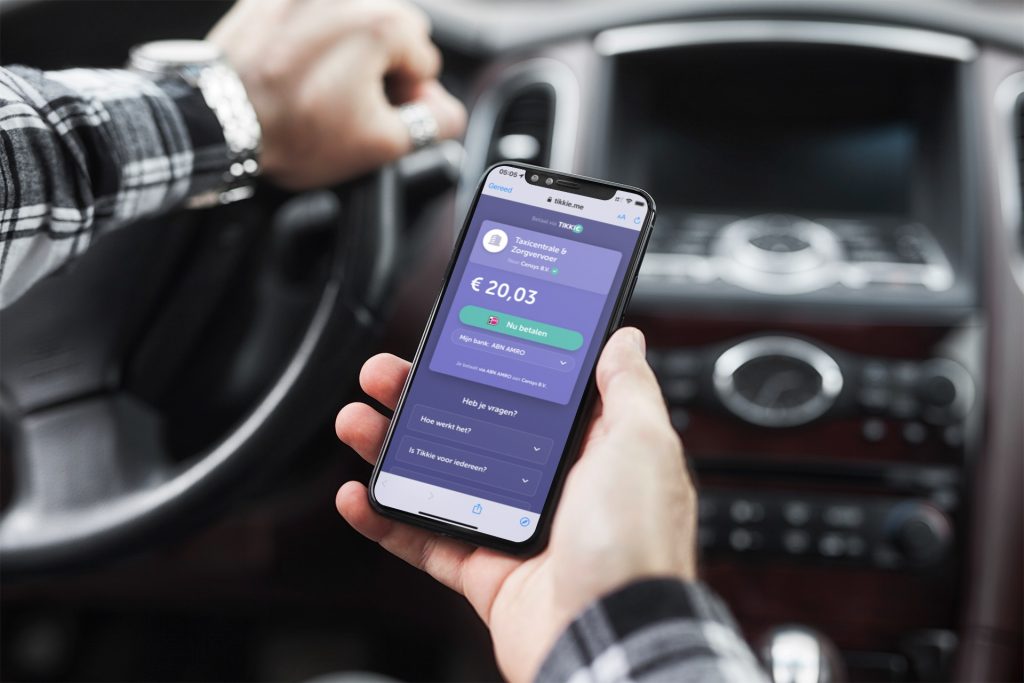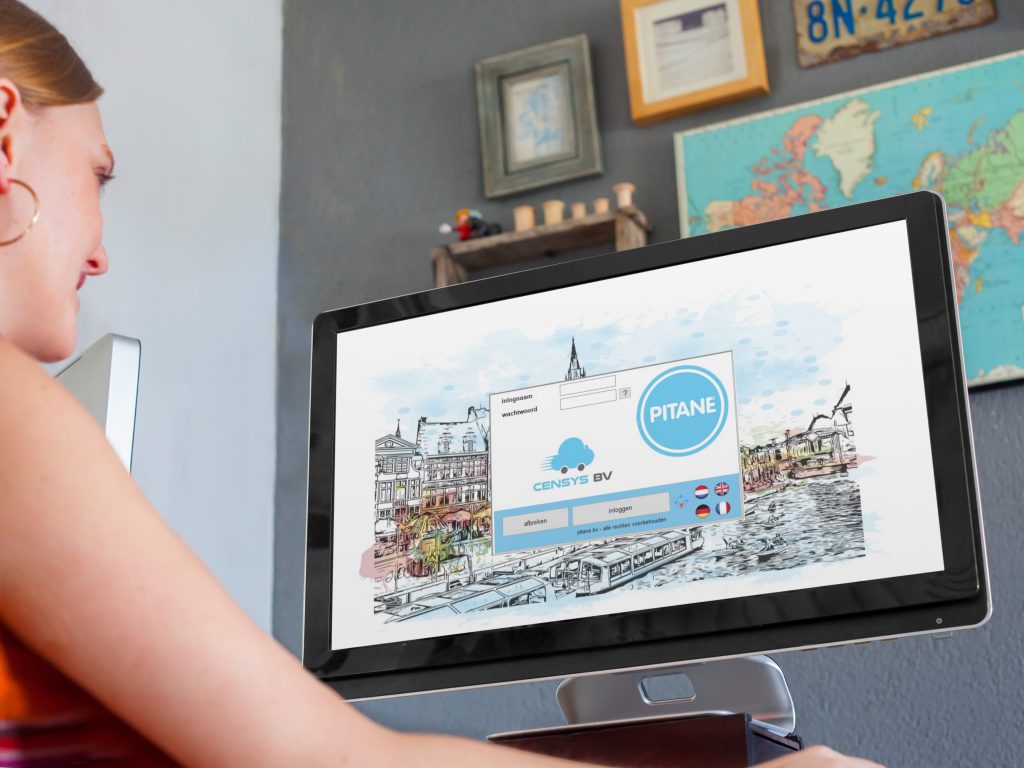Recently, De Lijn published the new selection file for the electric bus systems program (EBS) via a phased tender. This program is an important part of the greening of De Lijn's fleet. The aim is to operate the Flemish city centers emission-free in the first phase by 2025, as provided for in the Flemish coalition agreement. The first e-buses of this tender will be introduced in phases from 2023.
Restart selection file
At the end of 2019, De Lijn launched the initial selection file after approval by the board of directors. The electrification of the bus fleet at De Lijn is a particularly complex and strategic issue. Following the preparation of the specifications and the start-up with all stakeholders involved, it appeared that an optimization and therefore a change in the setup of the assignment would be appropriate. De Lijn has identified points in various areas (technical, operational, financial, strategic) that needed to be adjusted before proceeding with the tender. Therefore, the board of directors decided on July 8, 2020 to discontinue and re-tender.
An international market consultation with potential suppliers and transport authorities and operators has confirmed the complexity of the file. Insights from this market consultation have been included in the phased tender that was approved today by De Lijn's board of directors. In a first phase, De Lijn will publish the selection guide for four sub-assignments: the delivery of approximately 200 e-buses, the delivery of the charging infrastructure for these e-buses, the advisory assignment to assist De Lijn in the conversion of some twenty depots and the consultancy assignment to guide De Lijn in the implementation of the EBS program. In a next phase, De Lijn will make a selection based on demonstrated competence from the candidates who apply and ask them to submit a quotation. At the moment, De Lijn estimates the combined value of the tenders at a maximum of 180 million euros.
Emission-free in Flemish city centers
This first phase in the re-tendering is a crucial part of De Lijn's strategy to operate the Flemish city centers in an emission-free manner by 2025. This assignment is part of the Flemish coalition agreement. Since 2019, De Lijn has only ordered low-emission e-hybrid buses that have the most advanced technology to reduce the emissions of fine particles, NOX and CO.2 to a minimum. With the e-buses, emissions will be completely reduced to zero, which will benefit health in the most densely populated parts of Flanders.
Roger Kesteloot, Director General: In order to achieve the goal of emission-free driving in the urban centers by 2025, De Lijn will not only rely on the use of fully electric buses in its own vehicle fleet, but also on private operators who are active in urban areas and on the fleet of hybrid buses, equipped with geofencing, which will therefore switch to fully electric driving in the city center. The ambition for the horizon 2035 is zero-emission public transport throughout Flanders.
Start-up projects
In September of this year, De Lijn proposed a start-up project in Leuven, where 6 fully electric buses run on a city line. Later on, 2 other start-up projects will follow in Antwerp and Ghent. On the basis of these start-up projects, De Lijn can build up a great deal of experience with the use of electric buses. In this way, De Lijn is preparing for the large-scale transition to electric public transport in Flanders. De Lijn reports this to them in this press release website.
Photo above: image bank De Lijn.
Also read: De Lijn will collaborate with network company Fluvius






